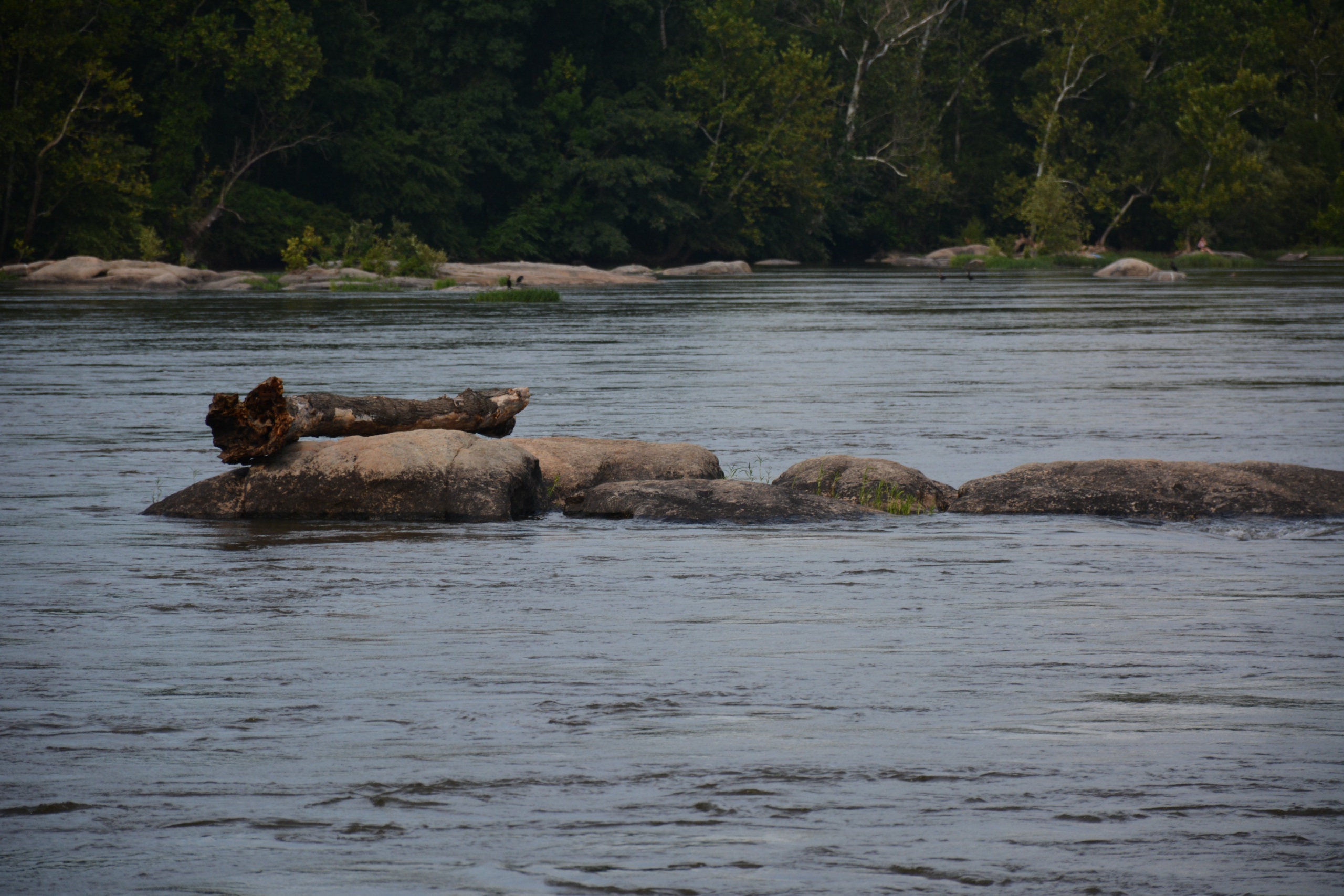A Foam Free Future for Virginia
The 2021 Virginia General Assembly will have an opportunity to ban single use foam cups and take out containers. Delegate Carr from Richmond has introduced HB 1902 which would eliminate these products and put wildlife over waste.

Most everyone can agree that plastic pollution is a huge problem, and nothing that we use for a few minutes should be allowed to pollute our rivers and oceans for hundreds of years. That’s just common sense.
But year after year, Americans throw away billions of single-use plastic cups and takeout containers. We’re producing more plastic than ever. In particular, polystyrene foam, what most of us call Styrofoam, threatens our environment and our wildlife. It breaks apart easily into tiny particles called microplastics, and persists in the environment forever. In fact, every bit of polystyrene ever made is still out there.
Global plastic production is projected to quadruple between 2014 and 2050. We cannot recycle our way out of this problem; we must find a way to reduce plastic at the source. The solution to the massive amounts of plastic waste in our environment is actually pretty simple: We need to ban or restrict the worst offenders, including polystyrene. The 2021 Virginia General Assembly will have an opportunity to do just that. Delegate Carr from Richmond has introduced HB 1902 which would ban expanded polystyrene cups and takeout containers.
Whether you are driving down a country road in rural Virginia, kayaking down the James River or walking through a city park, you have seen the impacts of plastic pollution and how much single use foam contributes to this issue. Banning this single-use plastic is critical to reduce plastic pollution. After the California cities of Santa Cruz and Pacific Grove banned EPS food containers, EPS litter on local beaches decreased by as much as 71%.
Opponents to banning foam typically attempt to place the blame, incorrectly, on consumers and recycling programs. They argue that polystyrene is recyclable, and advocate for increased investment in advanced or chemical recycling and litter management.
In practice, that argument is flat-out wrong. We know attempts to recycle polystyrene products don’t work. A recent study conducted by New York City found that recycling polystyrene products was not economically feasible nor environmentally beneficial, citing 30 years of failed foam recycling programs. An even more recent report, released in May 2020 by GAIA concluded: “In a society that urgently needs to transition from an extractive, fossil fuel economy to a circular one, chemical recycling is a distraction at best. Far more mature and viable solutions are to be found in upstream, zero waste strategies which focus on reducing the production and consumption of plastic.”
Secondly, successful recycling programs rely on collection, and 97 percent of recyclers don’t accept polystyrene foam. What makes us think that all the polystyrene containers littering Virginia’s streams that weren’t thrown into garbage cans will suddenly be thrown into recycling cans? The best way we can prevent polystyrene from polluting our environment for generations is to produce less of it. When we think of the phrase, “reduce, reuse, recycle,” the emphasis has to be on the first “R.”
As public awareness around single use plastics has grown and cities and states have started eliminating single use plastics, businesses, big and small, have already started switching to alternative products. It’s possible to replace EPS food containers with a minimal increase to cost – on average, plastic-free alternatives are only $0.01 more expensive. But to address the scale of this problem, we need to take statewide action.
The truth is we are all already paying the cost of plastic pollution. By 2050, there may be more plastic in the ocean than fish. Think about that for a second — that’s just absurd. This deluge of plastic not only impacts the beautiful places we love to explore in our state, but Virginia’s fishing and tourism industries that rely on a clean and healthy environment as well. Foam cups and takeout containers are dangerous, an eyesore and completely unnecessary. Banning them is a simple, cost effective way to improve water quality and quality of life.
Virginia could become one of only a handful of states to pass a statewide ban on polystyrene cups and takeout containers. At the end of the day, we can’t wait any longer to curb plastic pollution in Virginia. We need to stop using dangerous single-use plastics like polystyrene, and our elected officials must move forward with banning them.
Authors
Elly Boehmer
State Director, Environment Virginia
A former canvass director and organizer with Impact, Elly now directs Environment Virginia's efforts to promote clean air, clean water and open spaces in Virginia. Elly lives in Richmond, Virginia, where she enjoys gardening, photography, hiking and rollerblading with her dog.

